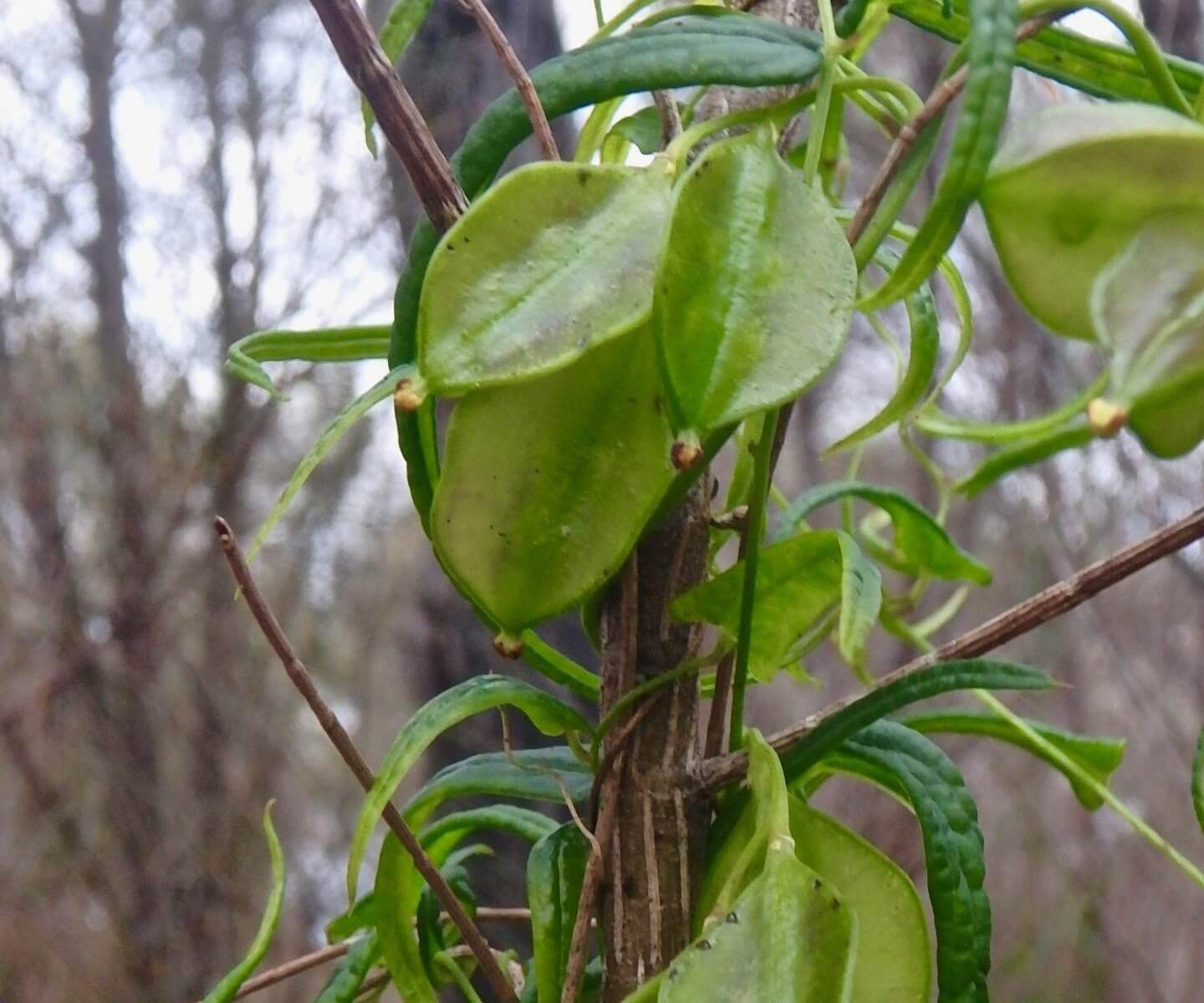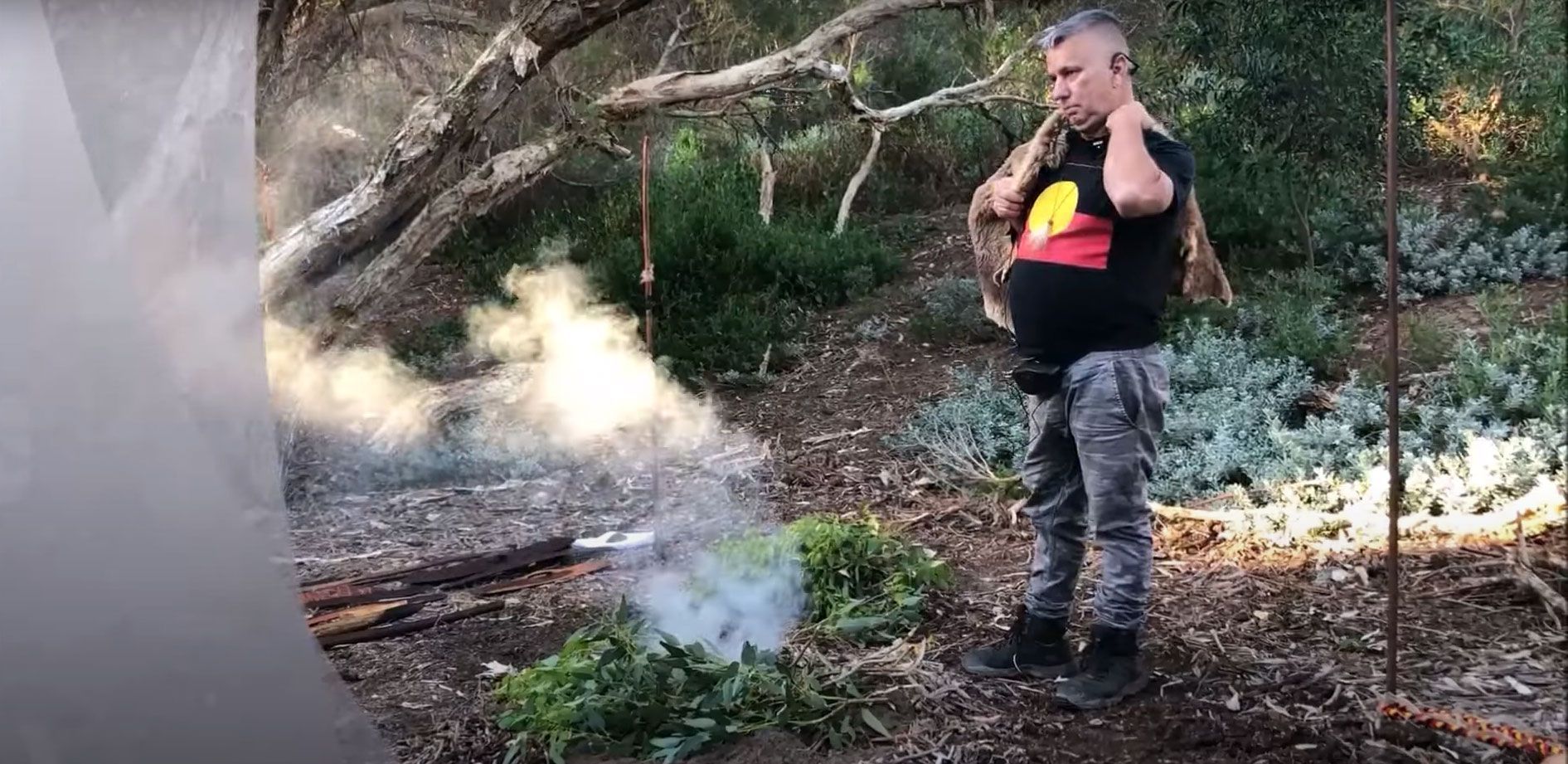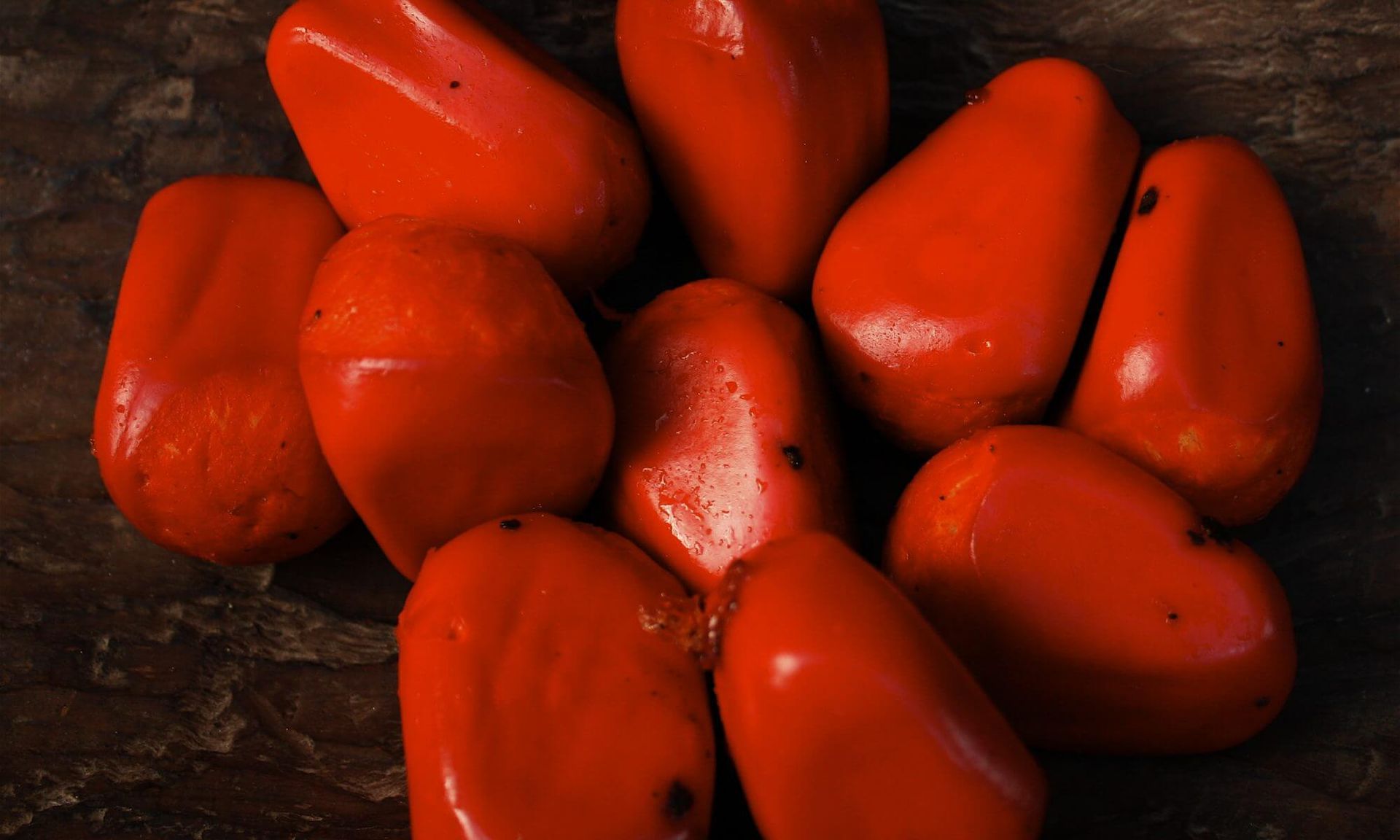Mapantjara: the desert shaman
Mapantjara is the traditional name of the Western Desert shaman or “Clever Man,” who was commonly referred to as “Mapan” by my indigenous informants at Wiluna in Western Australia. He is reputed to cure illness through his great knowledge of magic and ability to control mystical powers. Not only does he have the ability to heal but he can also direct his powers to cause sickness and death. Illness in traditional Aboriginal society was commonly attributed to the malign sorcery of the Mapan or his counterparts found in other parts of Aboriginal Australia. The name Ngangkari is used in preference to Mapantjara in South and Central Australia to emphasise their healing attributes.
The power of the Mapan derives from a long tradition of knowledge handed down through the generations over many thousands of years. This includes, in some cases, a vast knowledge of human and animal anatomy, esoteric ritual and magical practices and a deep understanding of the ways of the creative totemic ancestors. The Mapan also derives supernatural potency from the assistance of a totemic spiritual familiar. Sometimes this takes the form of a reptile (snake, lizard) or bird. In parts of the Western Desert it is believed that the Mapan holds within his body a powerful host of small amorphous spirits known as Mapanpa. Under his control these tiny potent beings enable him to restore the life force to his ailing clients and also to direct vengeance onto the offending party, whether supernatural or human.
Mapanpa are said to congregate in different parts of the body. When required for the purpose of healing, mapanpa are pulled from the healer’s body and inserted vigorously into the weakened parts of the client’s body to restore health and vitality. In one instance I observed Mapanpa being massaged into pressure points located on the shoulder and thorax to strengthen the client’s breathing capacity (ngaamypa).
In 1993 I was told by the senior most Mapantjara at Wiluna, who was a good friend of mine, that Mapanpa “sing,” especially if they get lost. He said their singing sounds like the ticking noise of a cicada at dusk and when the Mapan hears this sound, he knows if it is his Mapanpa that are calling.
By Ken Macintyre
For more information on Western Desert Aboriginal traditional massage, acupressure and healing, see my two papers at
http://anthropologyfromtheshed.com/project/psychic-surgeons-of-the-western-desert/
http://anthropologyfromtheshed.com/project/western-desert-healing/



